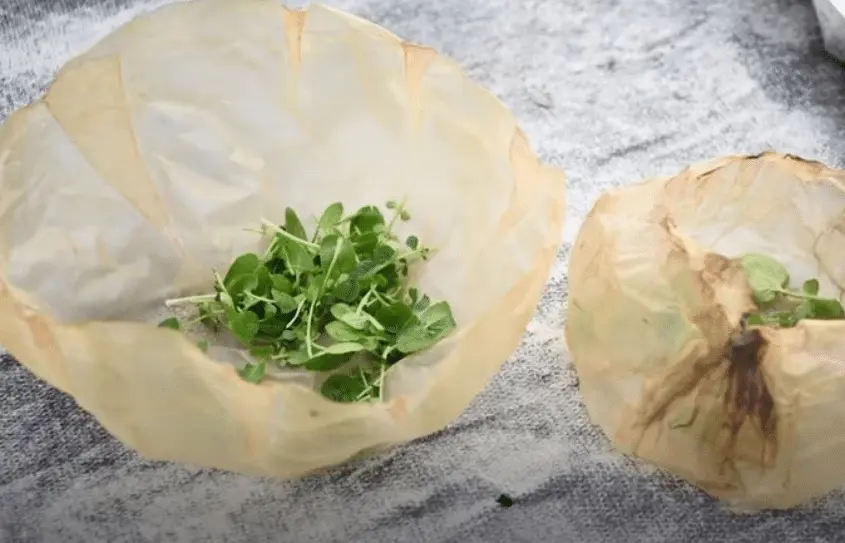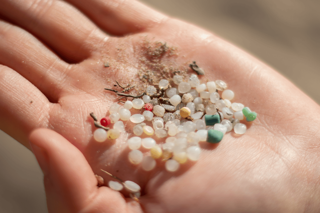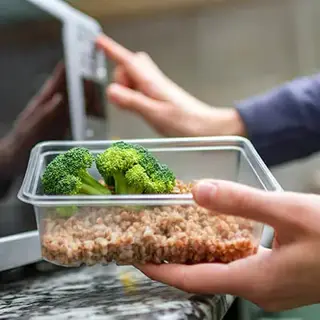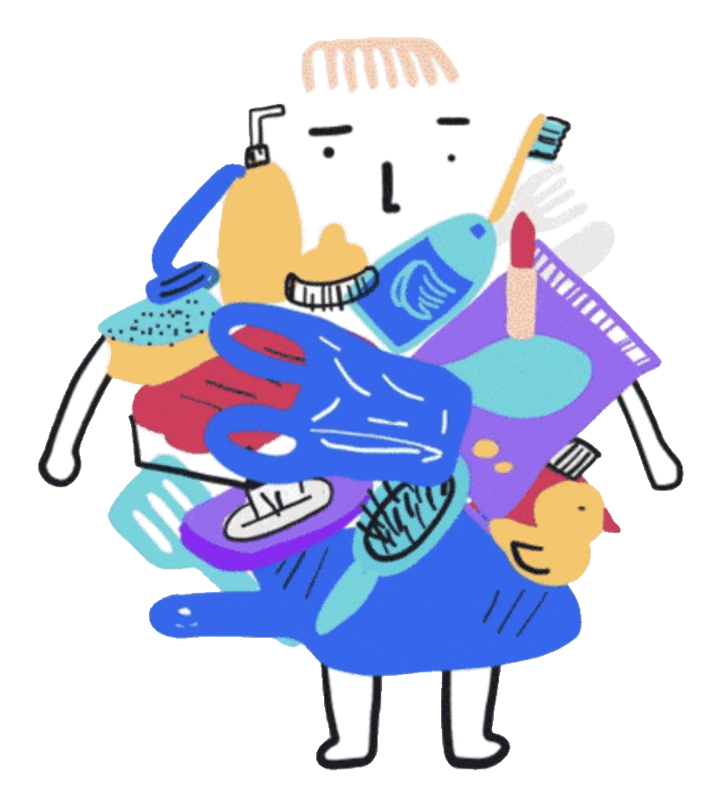In a previous article, we discussed that the ideal bioplastic, as a solution to the plastic waste problem, still needs to be invented. This is mainly because most forms of biodegradable plastic are only compostable in industrial facilities, where temperatures up to 65°C (149°F) are used. Other forms of bioplastics can be thrown directly onto a home compost heap. But what about underwater conditions? Low temperatures, little sunlight, and a lack of oxygen are not ideal for breaking down bioplastics in the environment. On the other hand, you also don’t want a bioplastic bottle to fall apart while on the shelf in a store. However, developments in bioplastics are moving quickly, and below we discuss two that show promise.
NOTPLA
NOTPLA is an innovative technology company focused on reducing plastic waste by providing alternatives that are biodegradable or even edible. NOTPLA is known for its use of seaweed and other natural materials to create packaging that is less harmful to the environment. A well-known product from NOTPLA is the "Ooho!" packaging, an edible water blob that can be used as a substitute for plastic.
NOTPLA is an innovative technology company focused on reducing plastic waste by providing alternatives that are biodegradable or even edible. NOTPLA is known for its use of seaweed and other natural materials to create packaging that is less harmful to the environment. A well-known product from NOTPLA is the "Ooho!" packaging, an edible water blob that can be used as a substitute for plastic.
SCOBY
SCOBY is a packaging solution that grows from bio-waste. The letters SCOBY stand for *Symbiotic Culture of Bacteria and Yeast*. It is a gelatinous, often rubber-like substance made up of a symbiotic community of bacteria and yeast. This forms the basis for creating fermented drinks like kombucha. SCOBY develops on the surface of the fermenting liquid mixture and becomes thicker as the fermentation process progresses. Because a SCOBY consists of natural materials such as bacteria, yeast, and cellulose, it is fully biodegradable and can break down easily in a compost heap. Therefore, it will not have harmful effects on the environment if placed in compost.
Interestingly, SCOBY is also being explored for applications beyond food, such as in the production of biodegradable materials or bioplastics. MakeGrow Lab is one such research studio developing a new generation of materials and resources to replace fossil fuels in packaging, textiles, and more. A key example of their work is mycelium-based materials, which are being developed for various applications, from packaging to furniture, as an alternative to plastic and other synthetic materials.



